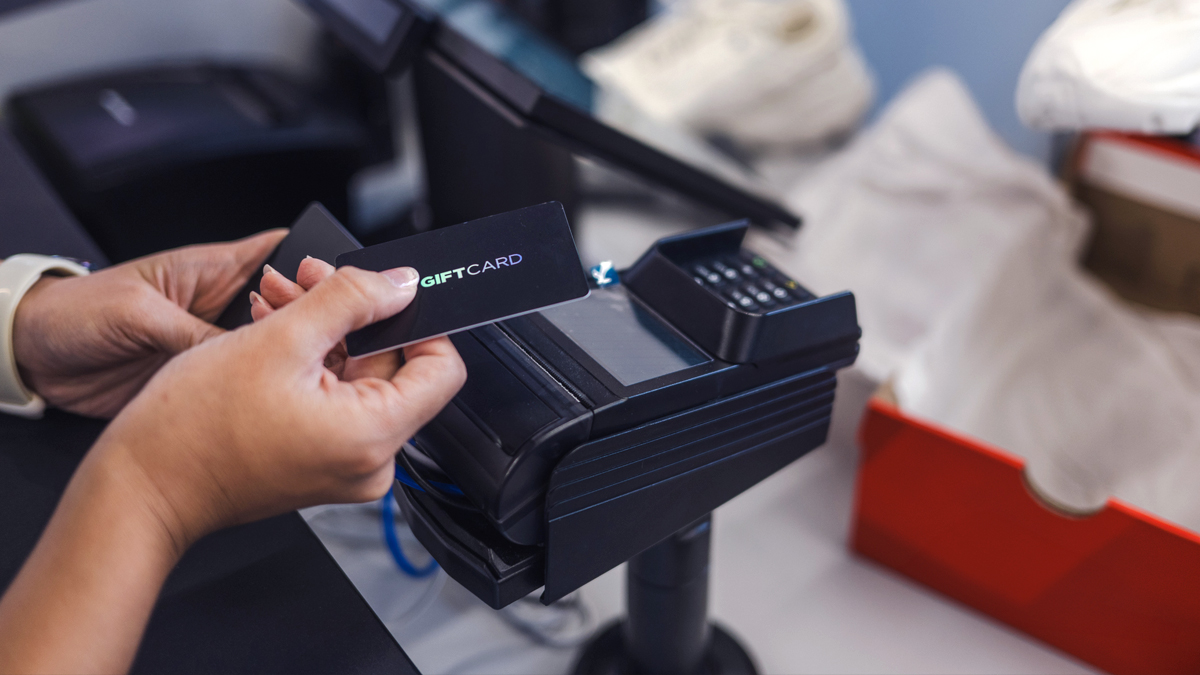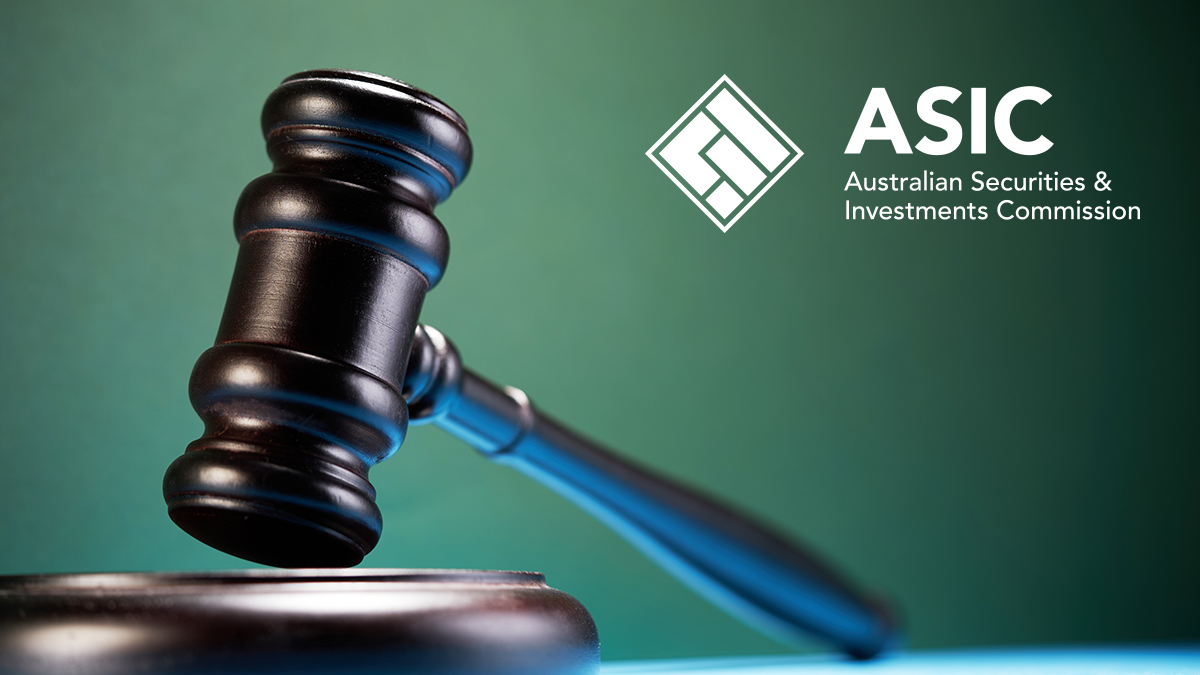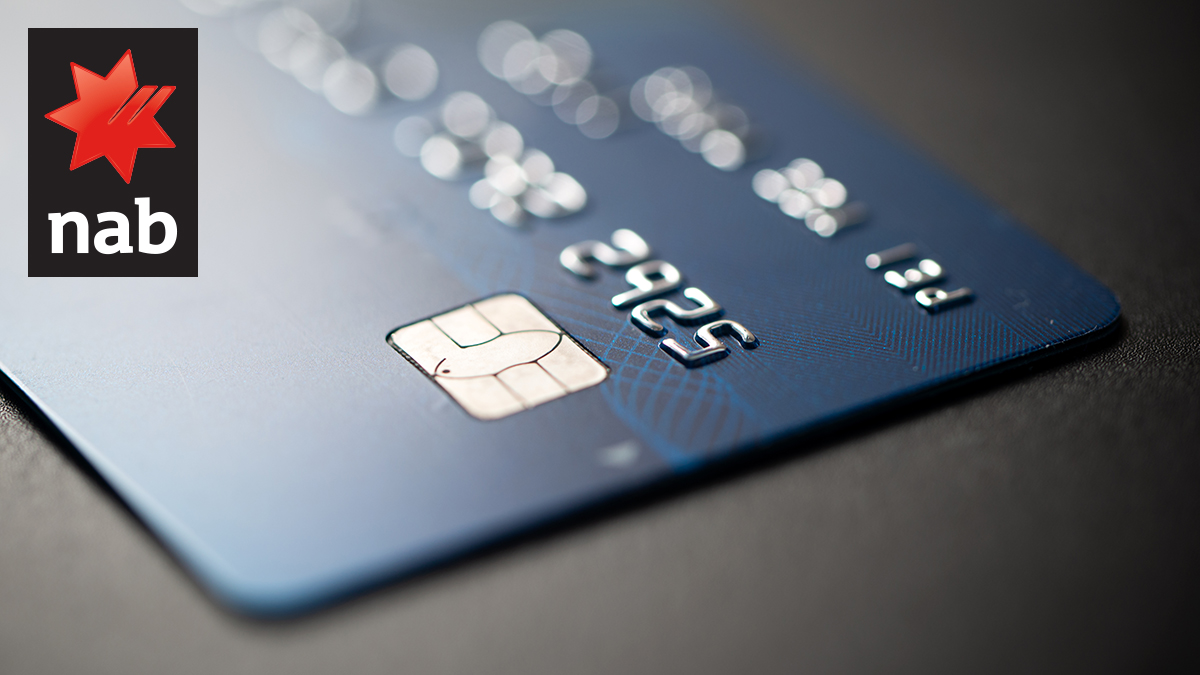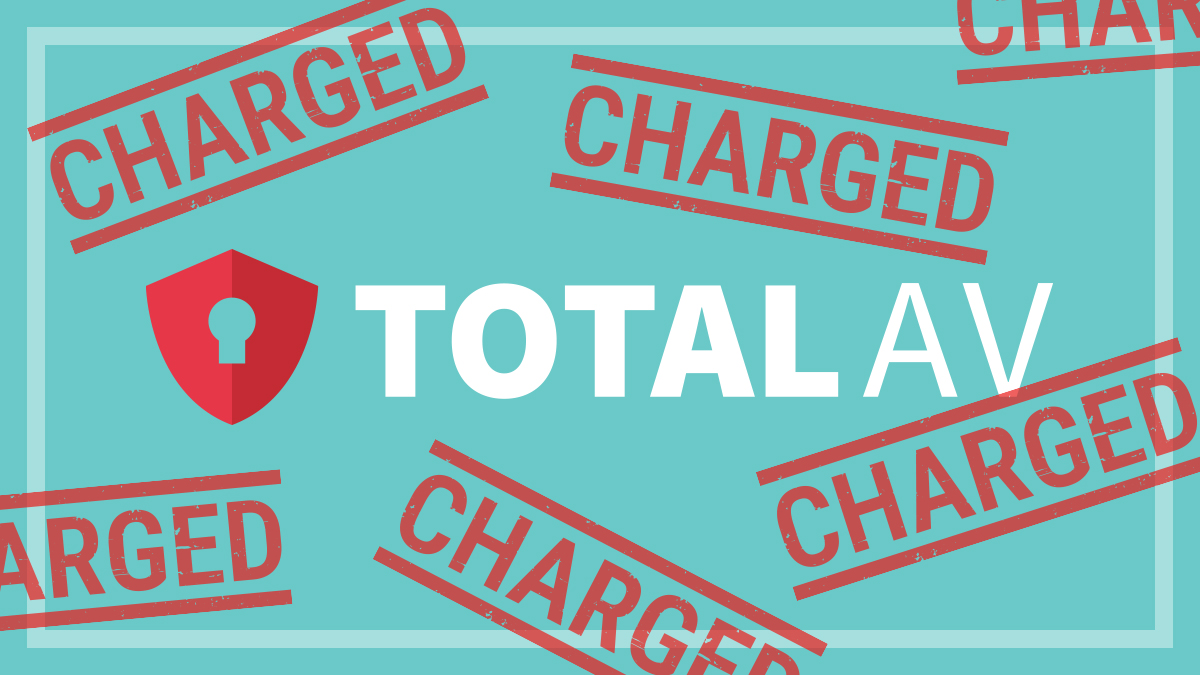Get our independent lab tests, expert reviews and honest advice.
How to protect your credit rating
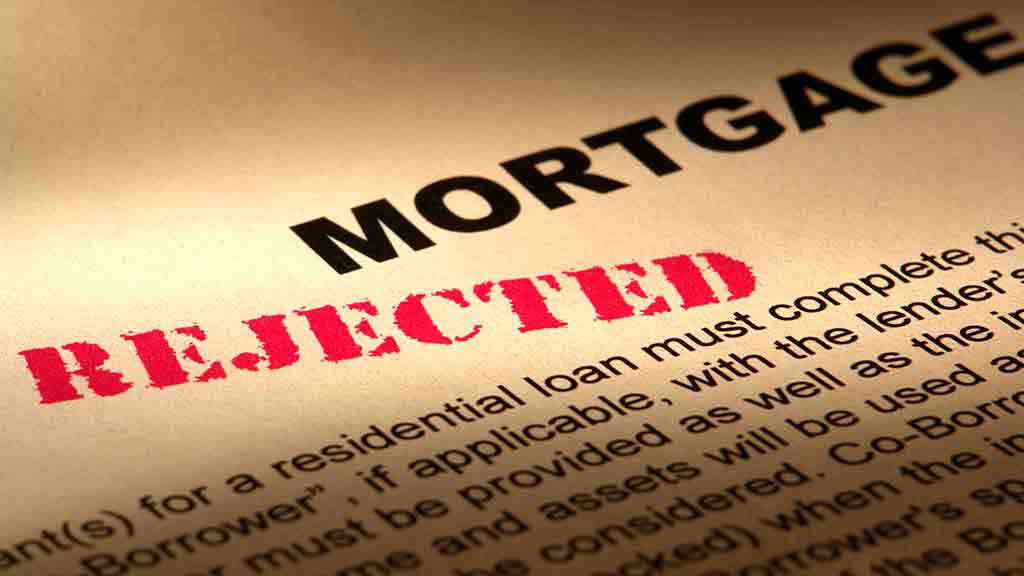
When you need a home loan, personal loan or car finance, you generally need it ASAP. And a bad credit rating because of a mistake on your credit file can mean a delay of a few weeks or months while you get it sorted.
On this page:
- How to order your free credit report
- What's on your credit report
- How long the information stays on your credit report
- How to fix mistakes on your credit report
That’s why it’s a good idea to order your credit report regularly to make sure everything is up to date and your credit rating is not affected by incorrect information.
In Australia, your credit history is held by three private credit reporting agencies – Illion, Equifax and Experian – and you can do a credit check for free every three months.
How to order your free credit report
Credit reporting agencies are required to make free credit reports available, however they also offer paid express credit ratings and other options, such as a credit alert or credit score.
The paid services are advertised prominently on their websites, while the link to the free credit report may be less prominent, so be careful to select the free option.
You can order your free credit file from the agencies’ websites or by phone:
It’s possible that the agencies will have different information on you, so you may want to consider ordering your report from all three.What’s on your credit report
Personal information
- Name
- Date of birth
- Current and previous two addresses
- Current or previous employer
- Driver’s licence number
- Credit application(s)
Credit defaults
You will earn a black mark for the following:
- Being 14 days late or more on any of the following types of credit:
- credit cards
- car finance (car loans)
- home loans
- personal loans
- store finance offers
- other types of consumer credit
- Being 60 days late or more on a bill of $150 for utilities such as electricity, gas or phone
- Bankruptcy
- Court rulings against you
- Not contactable – consumer has a serious credit infringement and has not been contactable for six months
Other information recorded
- The date a credit product (e.g. mortgage, car loan, store finance offered by a licensed credit provider) was opened and closed
- The maximum credit limit
- Whether you made the minimum payment on time (recorded each month).
How long the information stays on your credit report
- 5 years – bankruptcy
- 5 years – payment default for consumer credit
- 5 years – late payment of more than 60 days on utility bill
- 2 years – late payment of more than 14 days on credit card, home loan or personal loan
Read more at the OAIC guide to what stays on a credit report.
CHOICE tip: Help protect your credit rating by setting up a direct debit for at least the minimum payment on all your credit cards and other loans to avoid late payments.
How to fix mistakes on your credit report
Credit reporting agencies can make mistakes, or the information they receive may not always be correct.
If you’ve noticed incorrect information in your credit report, contact the utility company or credit provider, or the credit reporting agency, and report the error.
Once the problem is fixed, the credit reporting agency should notify you in writing.
If the problem on your credit file is not fixed, contact the relevant external dispute resolutions scheme – the utility company or credit provider and the credit reporting agency will be able to tell you the correct scheme.
If you’re not satisfied with the dispute resolution scheme’s decision, you can make a complaint to the Australian Information Commissioner.

